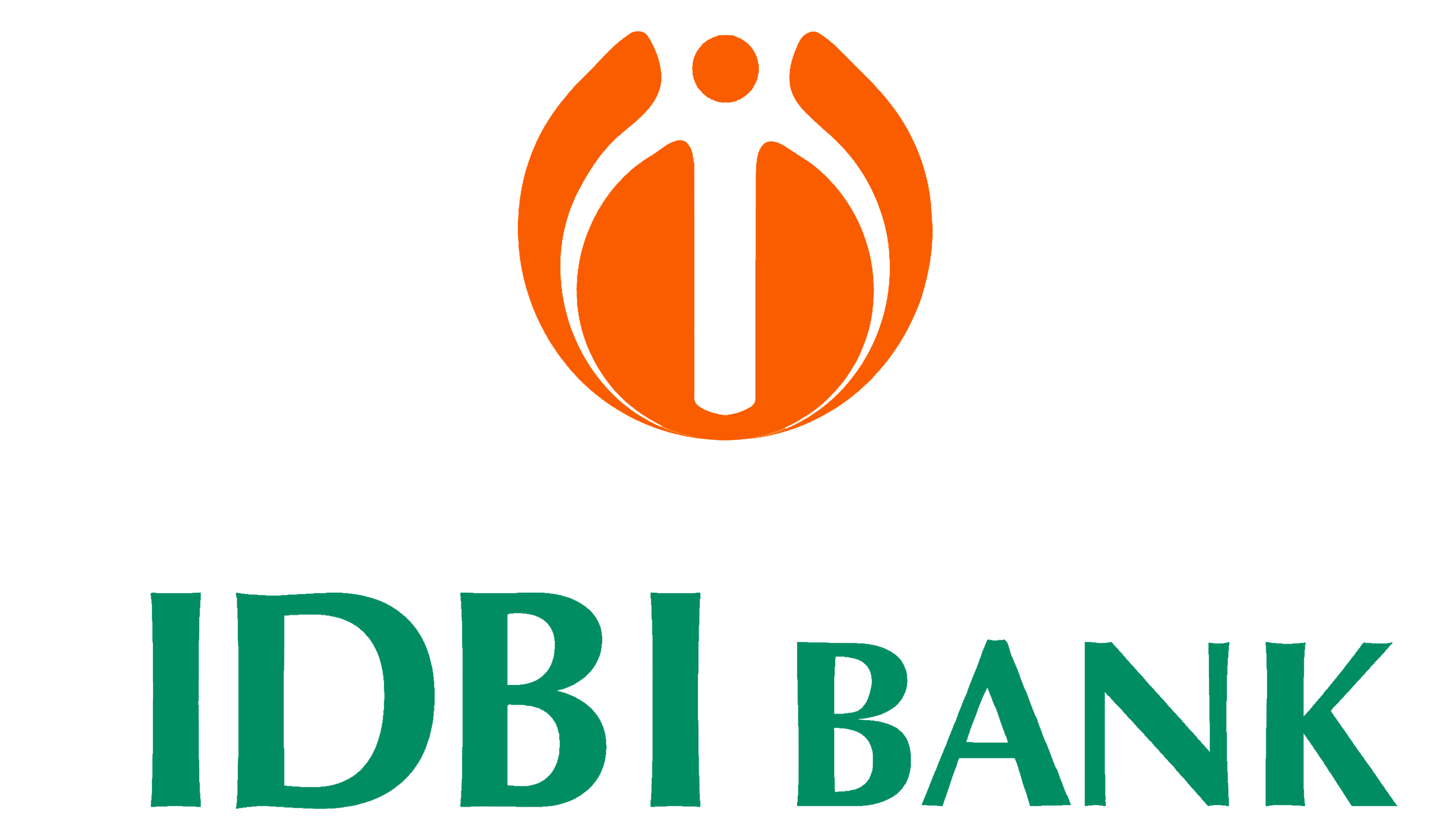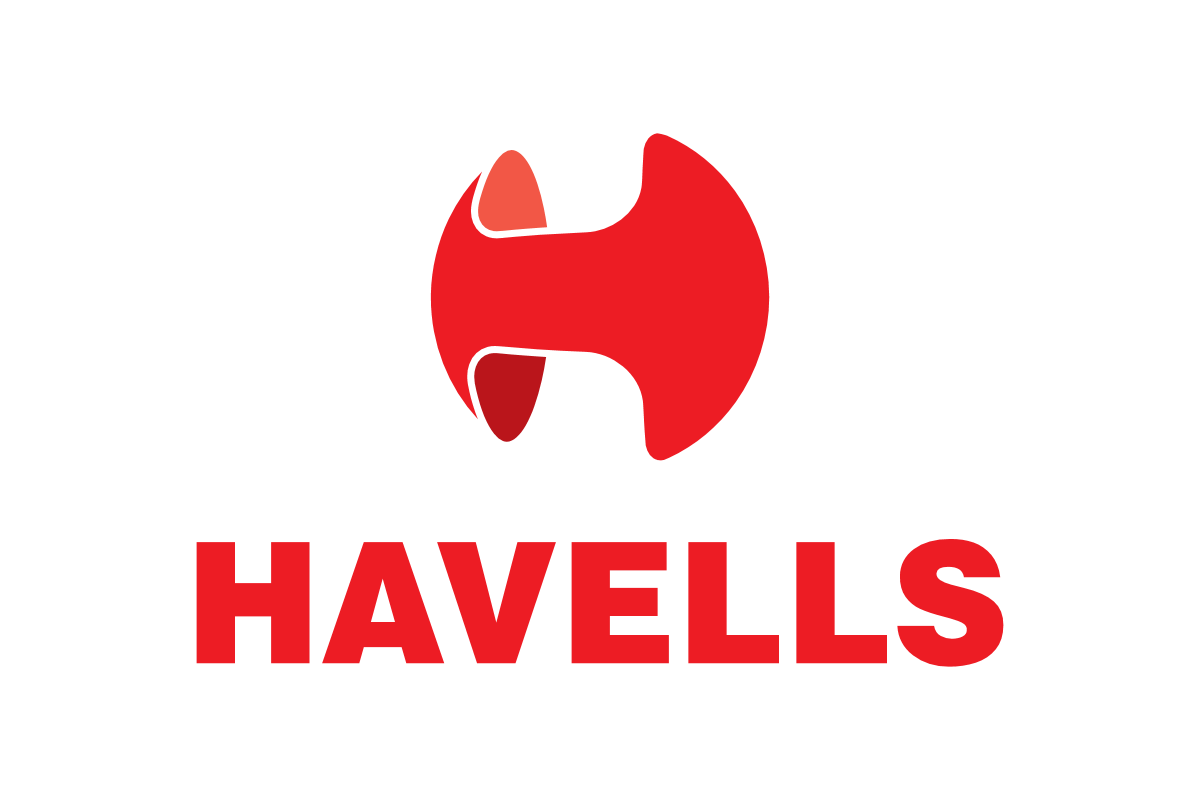1. Legal Identity & Limited Liability: Registering with the Registrar of Companies (ROC) gives the FPC a separate legal status. This shields members’ personal assets from business liabilities, offering protection against financial risk.
2. Improved Access to Finance: FPCs, as legally recognized entities, are more likely to obtain bank loans, government subsidies, and institutional funding—including support from NABARD and other development agencies.
3. Enhanced Bargaining Power: Operating collectively allows farmers to negotiate better rates for inputs and secure higher prices for their produce, reducing reliance on middlemen and increasing profit margins.
4. Wider Market Reach: FPCs can tap into larger domestic and international markets, helping farmers expand their sales footprint and gain access to more lucrative opportunities.
5. Efficient Supply Chain Management: Formal registration empowers FPCs to streamline procurement, storage, and distribution, minimizing wastage and boosting overall operational efficiency.
6. Transparent Governance: As structured entities governed by the Companies Act, FPCs follow clear procedures and maintain accountability and transparency—building trust among members and partners.
7. Capacity Building & Training: FPCs support members through training programs, technical assistance, and knowledge-sharing, helping farmers adopt improved agricultural practices and increase productivity.
8. Economies of Scale: Bulk purchasing of inputs and collective marketing reduces costs and improves margins, allowing members to benefit from economies of scale.
9. Tax Incentives: Based on the nature of their operations, FPCs may be eligible for tax exemptions or deductions under various agricultural and rural development schemes.
10. Risk Sharing & Stability: Through collective operations, FPCs help mitigate risks related to price fluctuations, climate changes, and market uncertainties, promoting long-term sustainability.














